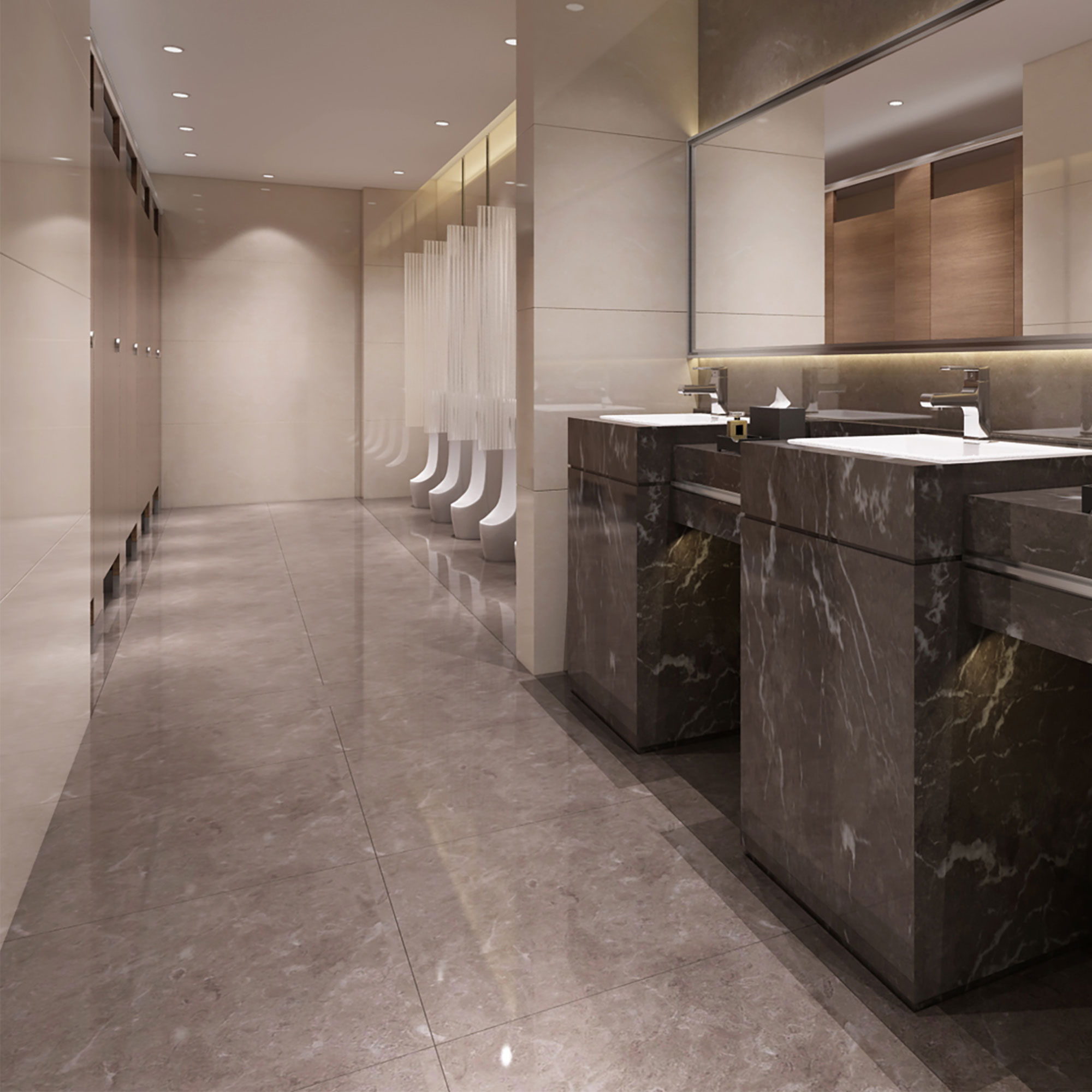The coronavirus pandemic has meant widespread closures for many types of establishments, such as restaurants, pubs and gyms – and for these venues in the UK especially, it doesn’t look likely that the lockdown will be lifted any time soon. However, lockdown for these venues is starting to be eased in other countries, such as some states in the USA.
We know that the lockdown will have an impact on washroom hygiene. Month-long(+) closures will have meant that many washrooms and restrooms will have remained untouched, and toilets may not have been maintained properly.
Sadly, for those set to return to their commercial facilities once lockdown is over, a washroom sitting idle can cause a range of problems.
We can almost visualize owners and facility managers returning to washrooms and being hit first by an awful smell (resembling sewage, one would imagine), followed by signs of staining and bacteria.
Drains need to be flushed through on a regular basis, otherwise they start to emit rather unpleasant smells. Over time, without proper maintenance and regular flushing of the toilets and urinals, uric acid can pose a problem. Uric acid is a waste by-product that is found in urine. If toilets and urinals aren’t flushed through regularly, it can build up. First it turns to sludge, and then to a cement-like mixture, which causes costly pipe blockages.
Water should be run through taps in the sink on a regular basis and toilets and urinals should ideally be flushed at least once a week. Stagnant water causes bacteria, which can cause staining around the toilet rim. It can even attract animals and insects!
Splash-back or spills could have been busy seeping into floors, so a deep floor clean is essential once washrooms re-open. Bacteria will have started to build on surfaces, and even well-ventilated rooms won’t feel very ‘fresh’. Treating any uric acid build up with a natural cleaner that can degrade organic waste at source, can help remove stains and dissolve blockages. It will also remove the source of malodor.
If the coronavirus pandemic has done anything, it has made the desire for a clean washroom not only a ‘nice to have’, it is now an essential in post-lockdown times.

Maintaining a fresh and fragranced washroom environment with superior facilities will go a long way for your business once people start to get back to normal life post-lockdown. Research has shown a correlation between washroom hygiene and consumer perception of a venue, with unhygienic washrooms reflecting badly on a brand. And that was before this global pandemic!
Scent is also a big factor for consumers, with research showing that the smell of a washroom was important when deciding its overall cleanliness. So as well as removing malodor, consider providing a fresh scent.
Expect to see more automation in the washroom post-lockdown. The touchless washroom had already been creeping into more and more buildings before the COVID-19 pandemic, now it’s just going to get more focus. Manual dispensers will still have a place because of cost & antimicrobial technology that can be built into the dispenser covers, however automation is the future. Where once there were manual hand dryers, soap and tissue dispensers, faucets and taps, these will likely change to automatic, “touch-free” products and sensor driven faucets and taps.
Also look out for automatic doors to become the norm, especially in high-traffic venues or manual doors to remain open. Automation is expensive yes, but can you really put a price on public health after this pandemic? Antiseptic, instant hand sanitizer stations both at the entrance in and entrance out of the washroom should become normal practice too (especially in washrooms that still have manual dispensers), it just encourages more people to use them, improving hand hygiene.




